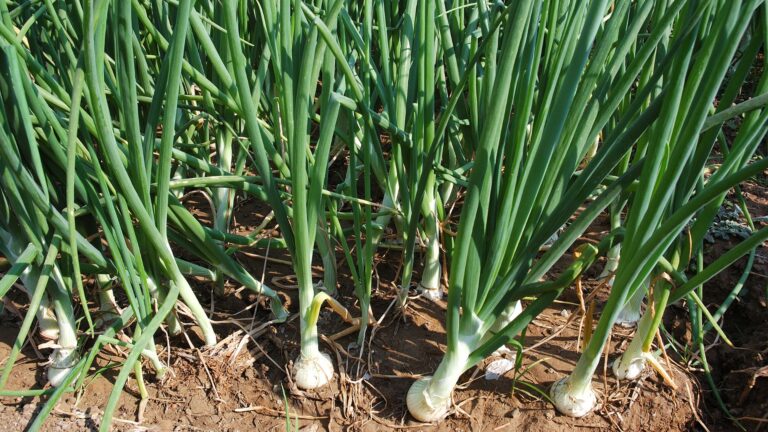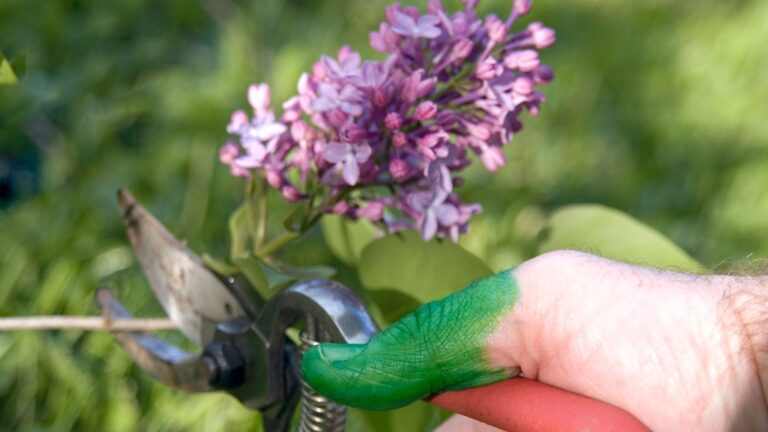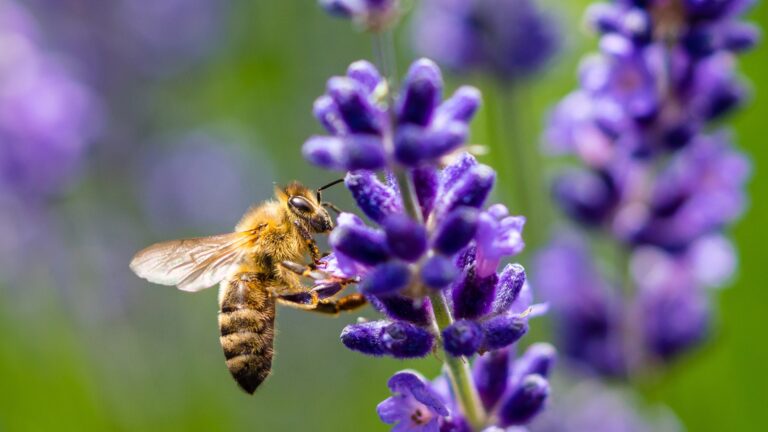9 Ways To Make Mums Last All Fall In Massachusetts Without Crispy Leaves
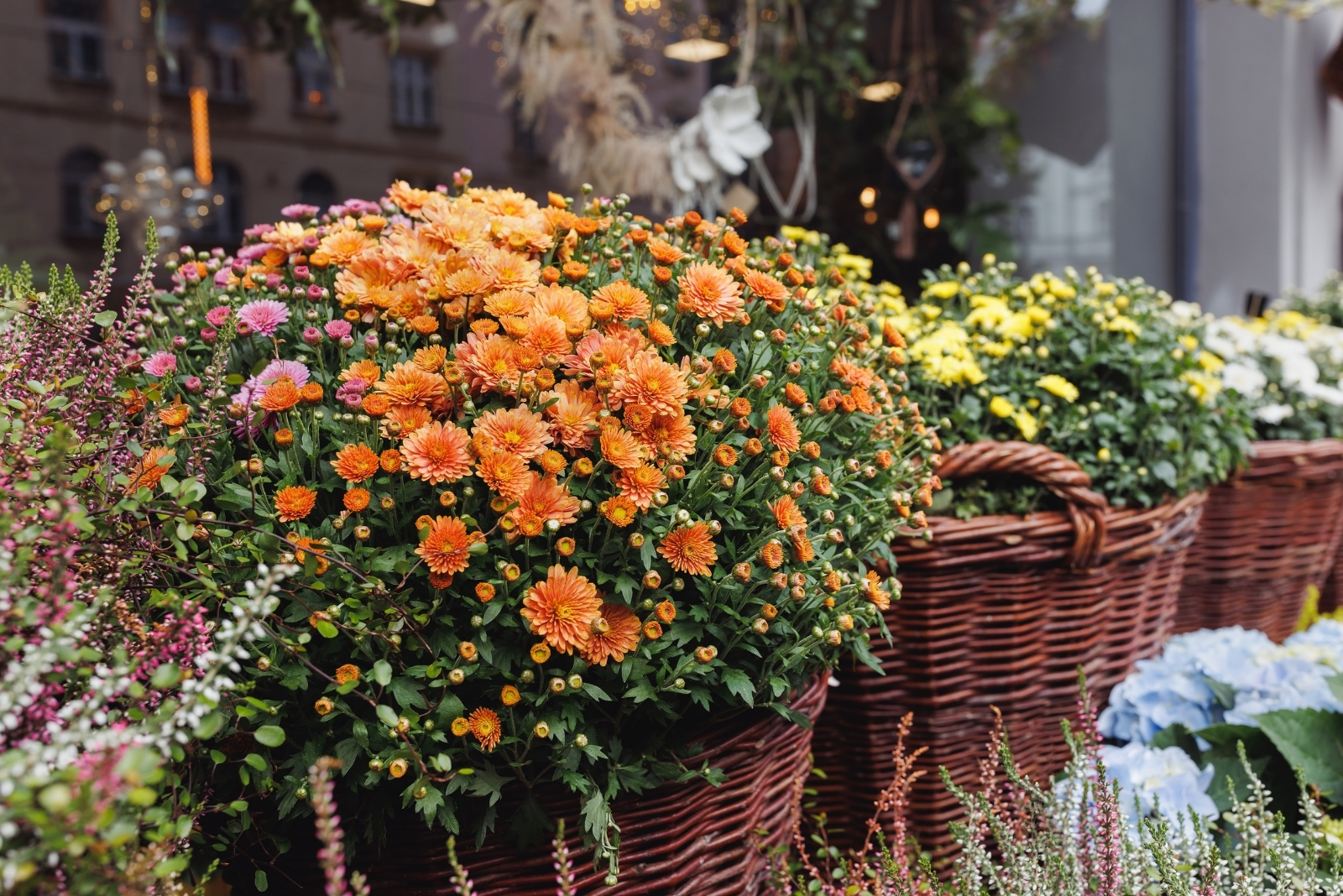
Massachusetts gardens are full of mums in fall, but keeping them healthy can be tricky. Crisp leaves and early wilting are common frustrations.
With a few simple care strategies, your mums can stay vibrant and full all season. Paying attention now keeps them looking their best through October and beyond.
1. Water Deeply in the Morning
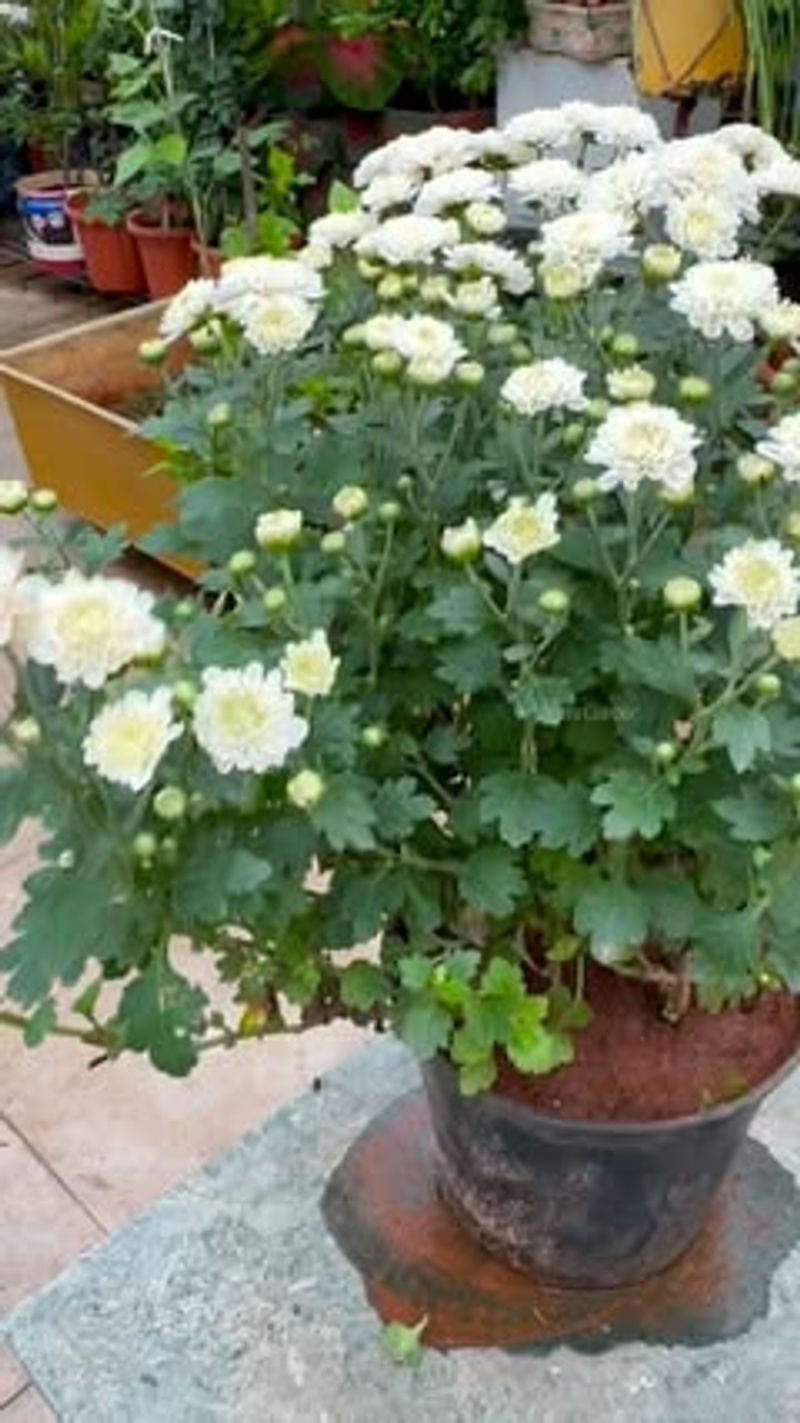
Getting water to the roots early in the day helps mums absorb moisture before the sun gets too strong. Massachusetts mornings can be cool, which means less evaporation and more hydration for your plants.
Aim for the soil, not the leaves, to prevent fungal issues. Deep watering encourages strong root systems that support healthy blooms all season long.
Checking soil moisture with your finger helps you avoid overwatering, which can be just as harmful as letting plants dry out completely.
2. Choose the Right Location

Sunlight makes all the difference when it comes to keeping mums happy throughout fall. Most varieties need at least six hours of direct sun daily to produce vibrant blooms and sturdy stems.
In Massachusetts, placing your mums on a south-facing porch or garden bed ensures they get maximum light as days grow shorter. Too much shade leads to leggy growth and fewer flowers.
Protection from harsh winds also matters, especially as October storms roll through the region.
3. Fertilize Every Two Weeks
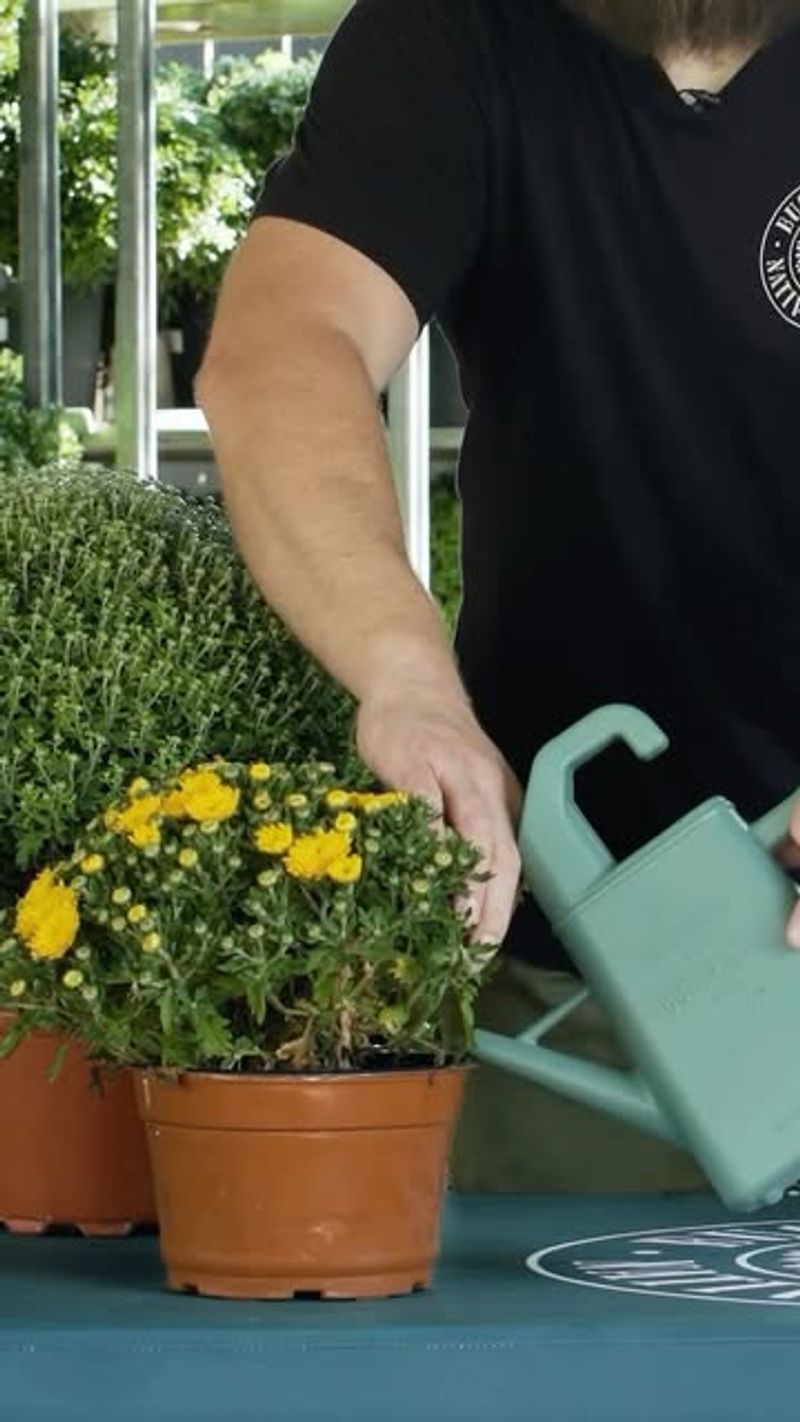
Feeding your mums regularly keeps them blooming strong as temperatures drop. A balanced, water-soluble fertilizer works wonders for maintaining vibrant colors and healthy foliage.
Massachusetts gardeners should continue fertilizing through October to give plants the nutrients they need during peak bloom time. Stop feeding once the first hard frost arrives, as plants naturally slow down their growth.
Overfertilizing can burn roots, so always follow package directions and dilute properly for best results.
4. Deadhead Spent Blooms Regularly
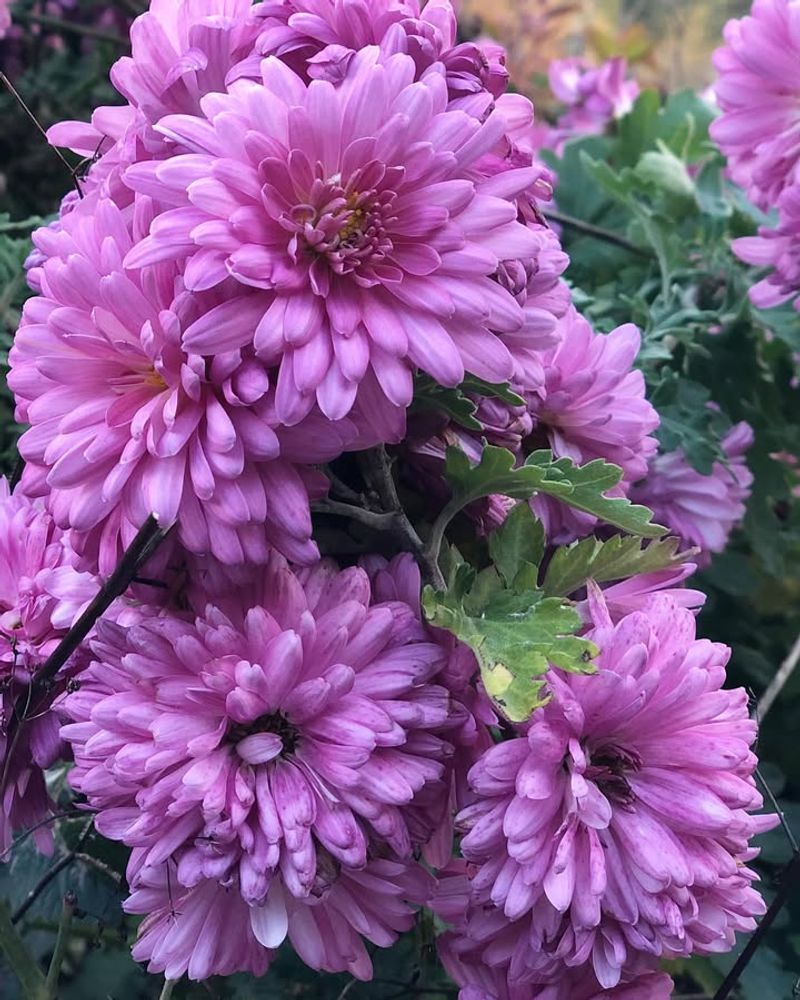
Removing faded flowers might seem like extra work, but it actually encourages your mums to produce more blooms. Pinching off dead blossoms redirects the plant’s energy toward new growth instead of seed production.
Walking through your Massachusetts garden every few days to deadhead takes only minutes but makes a huge difference in appearance. Use your fingers or small pruning shears to snip just below the spent flower head.
This simple habit keeps your mums looking fresh and full all season.
5. Mulch Around the Base
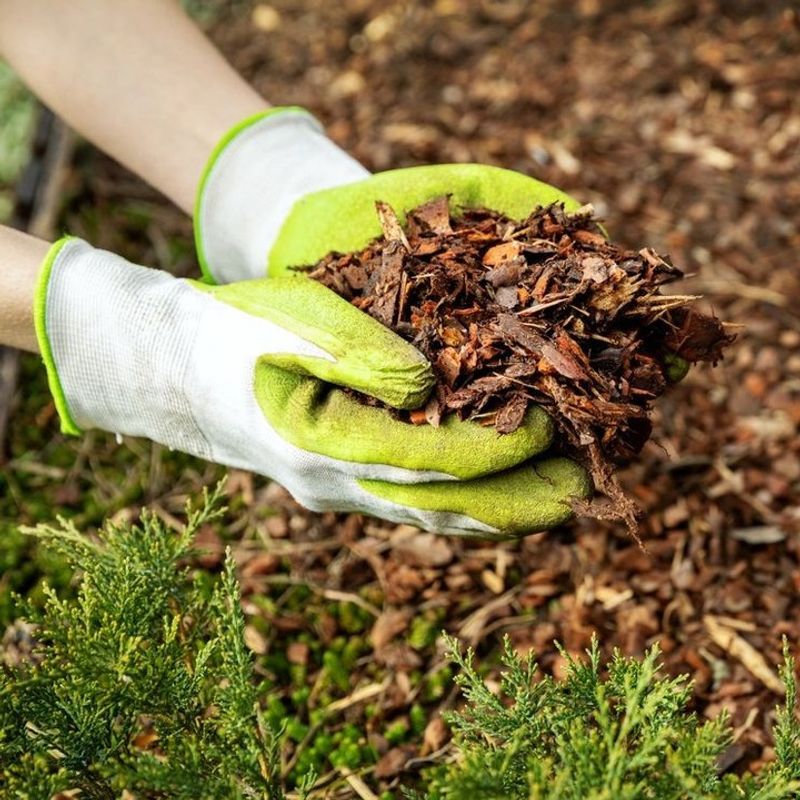
Adding a layer of mulch around your mums helps regulate soil temperature and retain moisture during unpredictable Massachusetts weather. Organic materials like shredded bark or compost work best for this purpose.
Spread mulch about two inches deep, keeping it away from the stems to prevent rot. This protective layer also reduces weed competition and gives your garden a polished, finished look.
As nights get colder, mulch acts as insulation, protecting roots from early frost damage that can stress plants.
6. Protect from Early Frost

Massachusetts can experience surprise cold snaps in September and early October that threaten tender mum blooms. Covering your plants with lightweight fabric or sheets on frosty nights provides crucial protection.
Remove covers in the morning once temperatures rise to allow sunlight and air circulation. Potted mums can be moved to sheltered areas like covered porches or garages during extreme cold.
Monitoring local weather forecasts helps you stay ahead of frost warnings and keep your flowers looking their best through Thanksgiving.
7. Avoid Overcrowding Plants
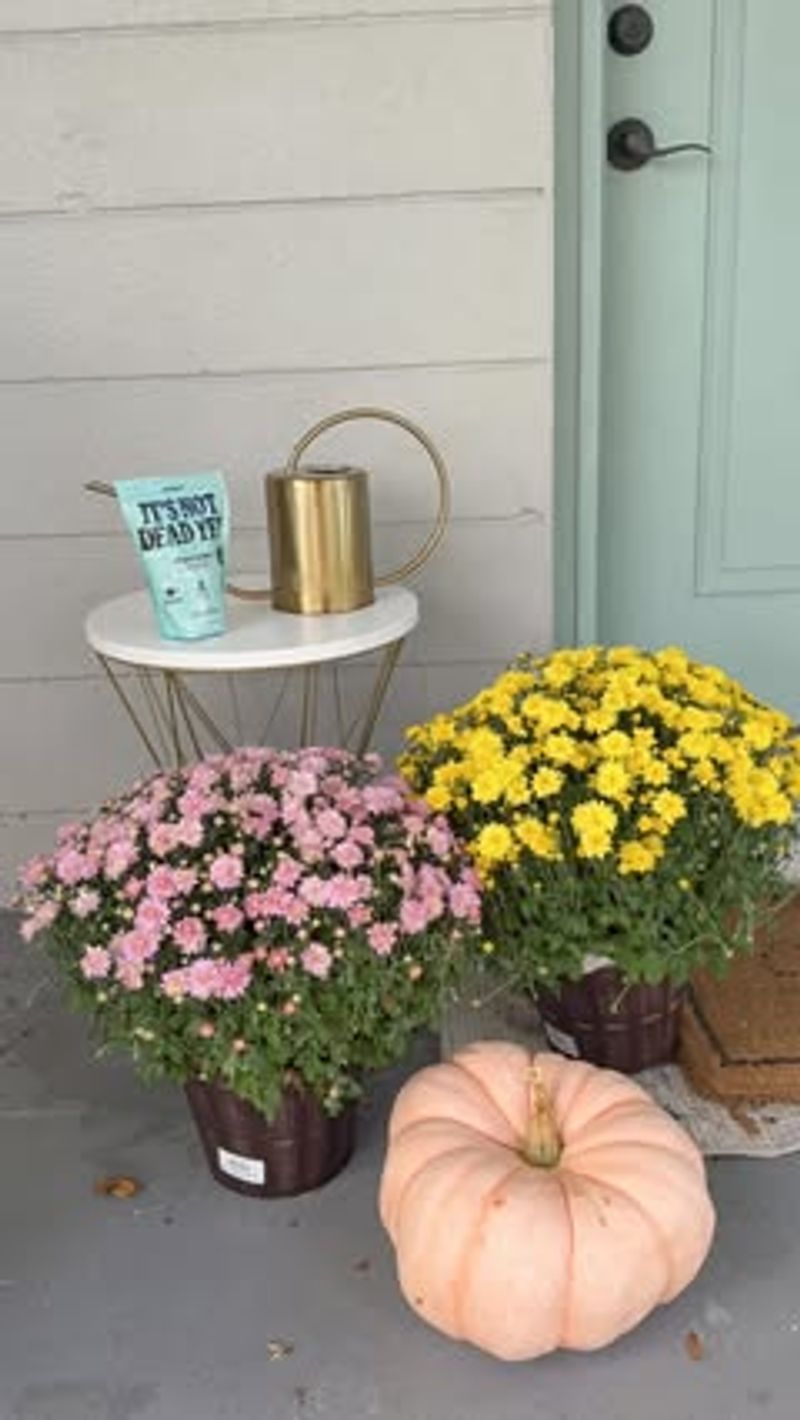
Good air circulation prevents many common problems that lead to crispy, brown leaves on mums. When plants are packed too closely together, moisture gets trapped and fungal diseases can spread quickly.
Space your mums at least twelve inches apart in Massachusetts gardens to allow air to flow freely between plants. Potted arrangements should have enough room for each plant to maintain its natural shape without touching neighbors.
Proper spacing also makes watering and deadheading much easier throughout the season.
8. Check for Pests Weekly
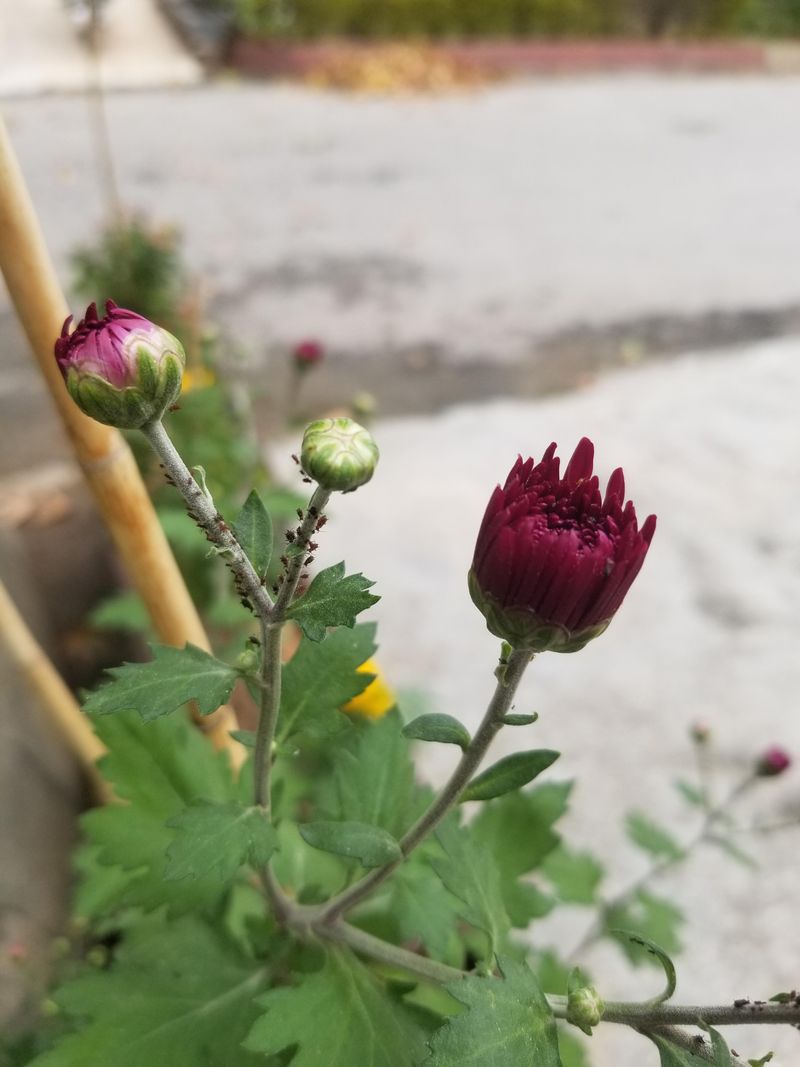
Aphids, spider mites, and other insects love to feast on mums, causing leaves to turn brown and curl up. Early detection makes treatment easier and prevents major damage to your Massachusetts plants.
Inspect the undersides of leaves and stems where pests often hide. A strong spray of water can knock off many insects, while insecticidal soap handles more serious infestations.
Healthy, well-watered plants naturally resist pest problems better than stressed ones, so consistent care is your best defense against unwanted visitors.
9. Keep Soil Consistently Moist
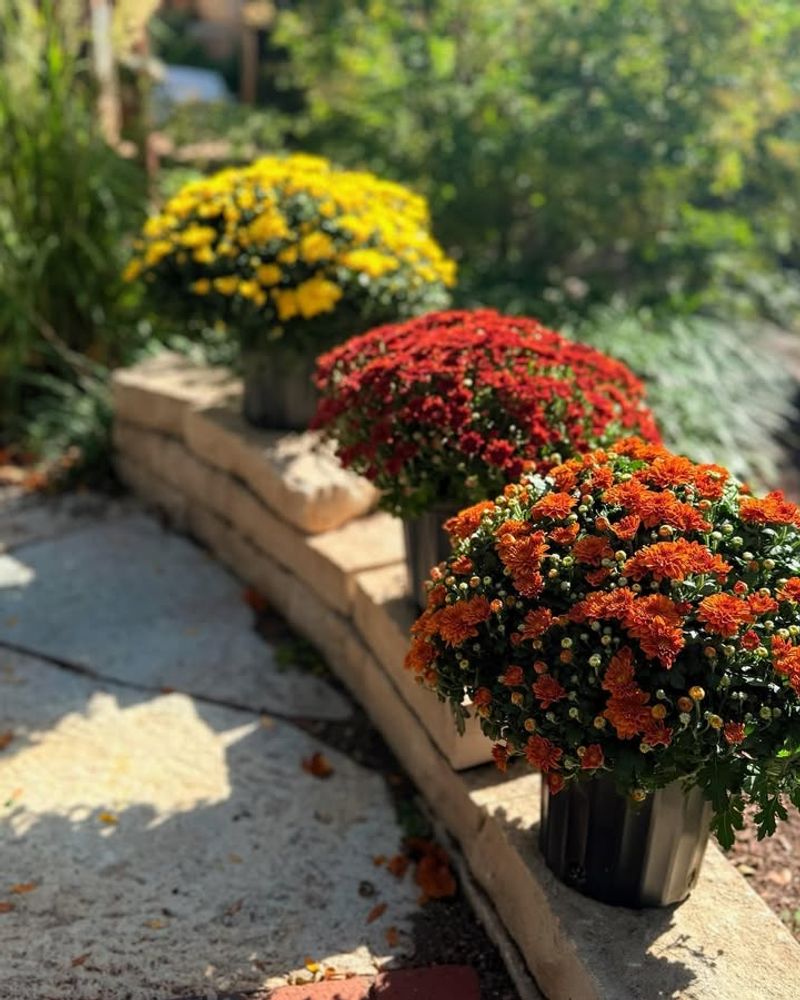
Mums hate drying out completely, which causes leaves to turn crispy and brown almost overnight. Massachusetts fall weather can be unpredictable, with warm, dry spells followed by rainy days, making consistent watering essential.
Stick your finger into the soil daily to check moisture levels. The top inch should feel slightly damp but never soggy or waterlogged.
Container plants dry out faster than garden beds, so they may need water twice daily during warm September afternoons to stay healthy and vibrant.



